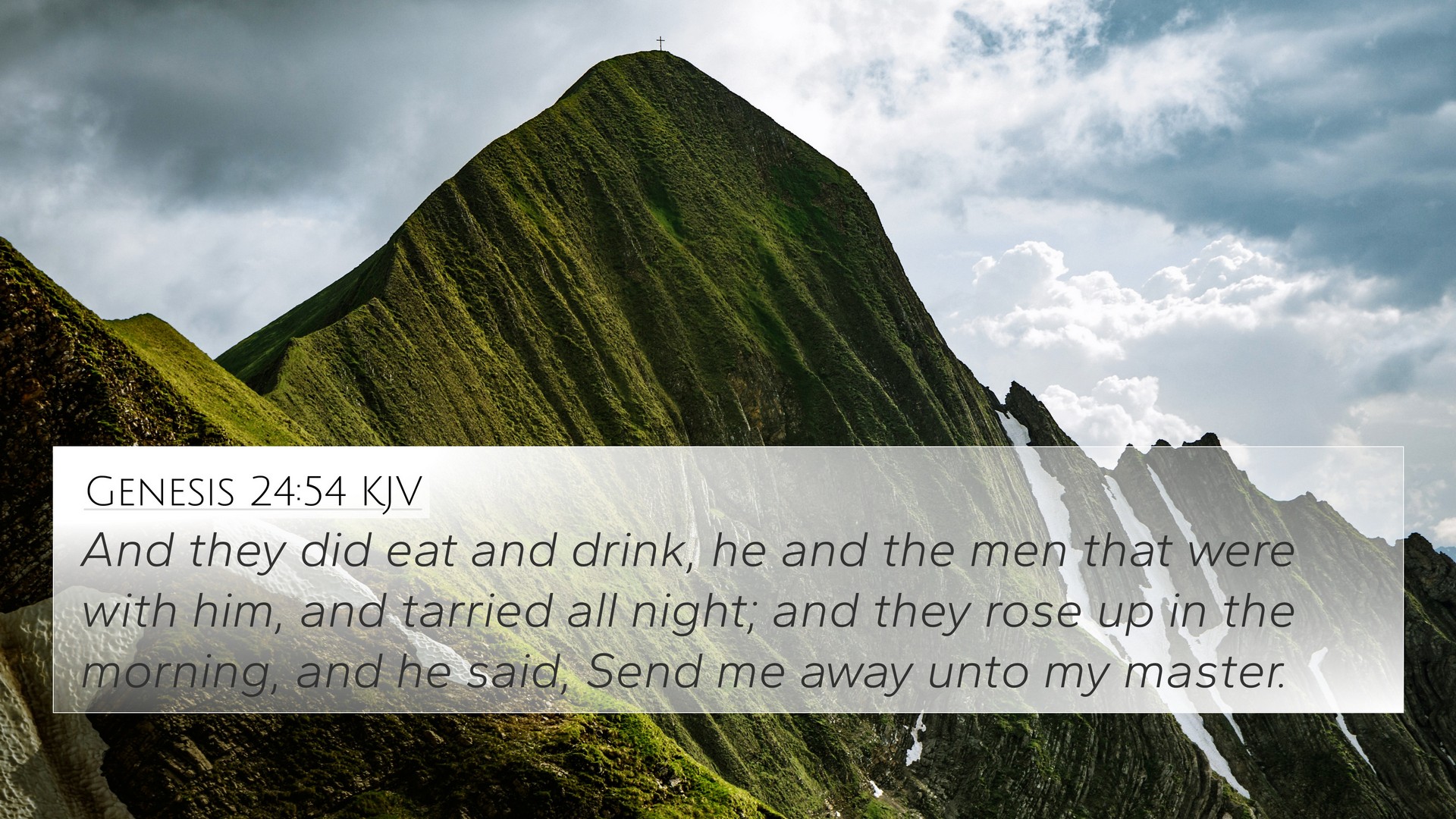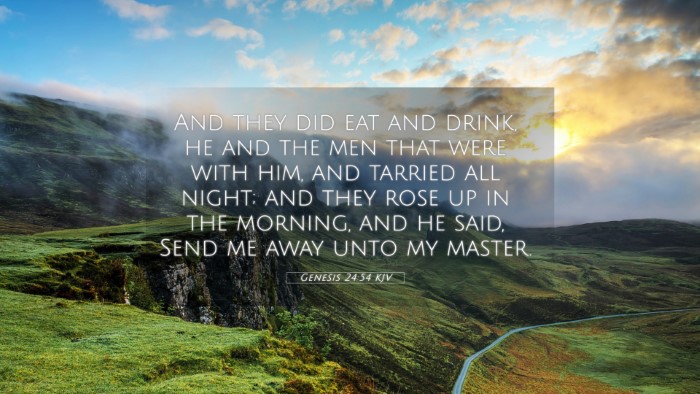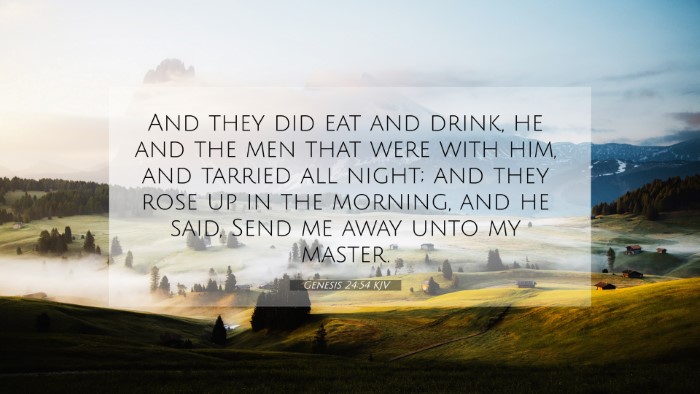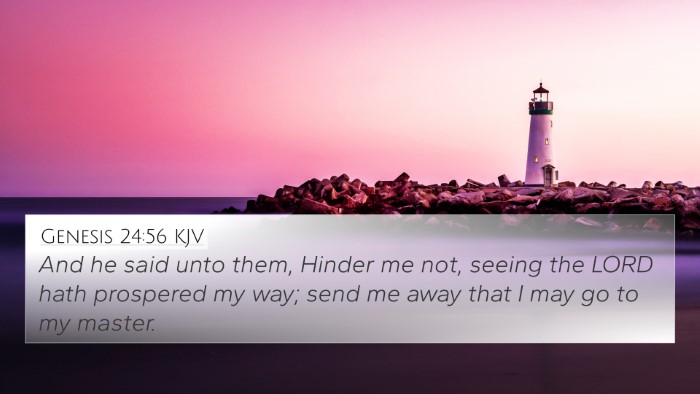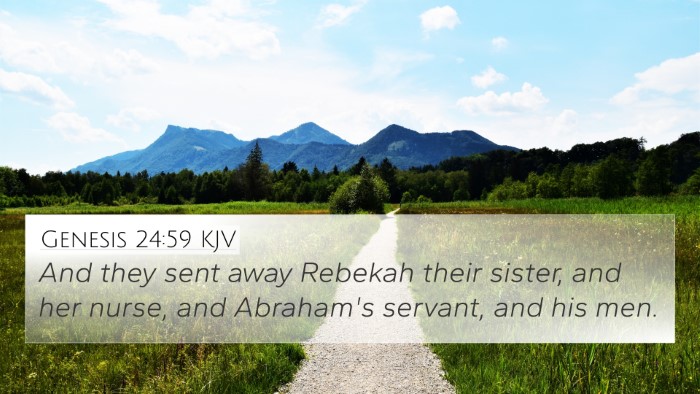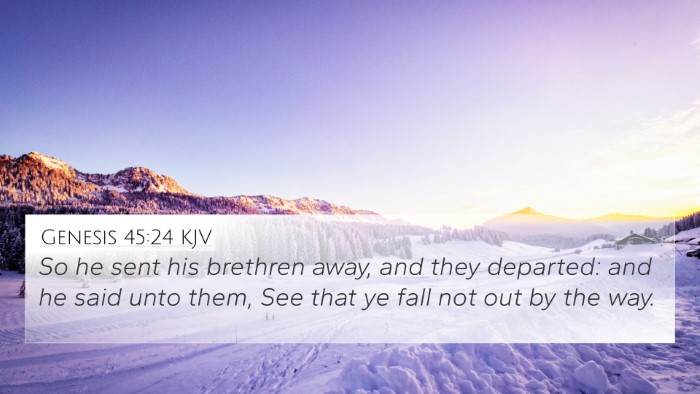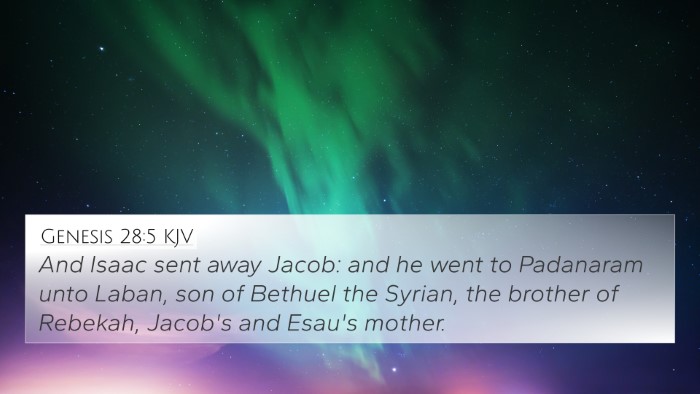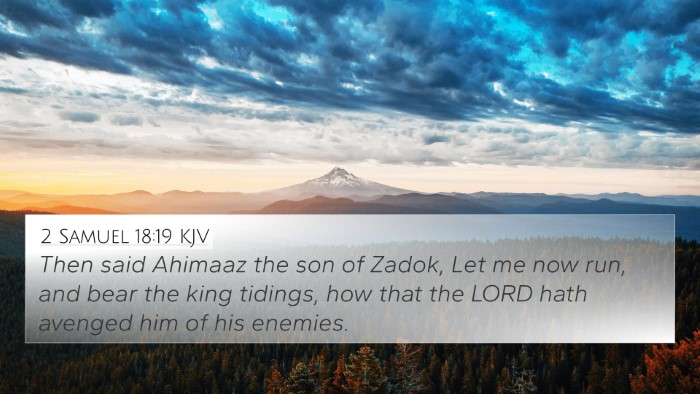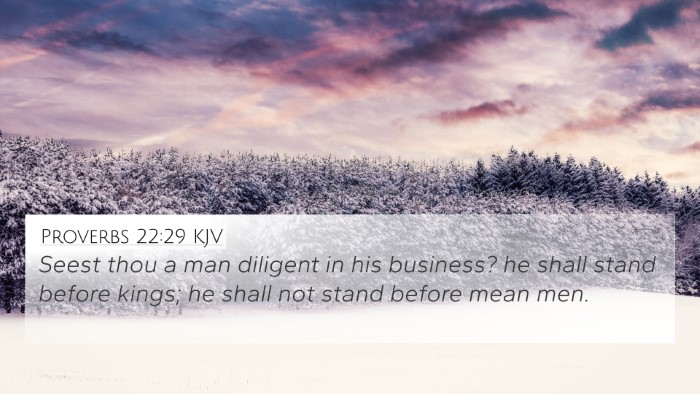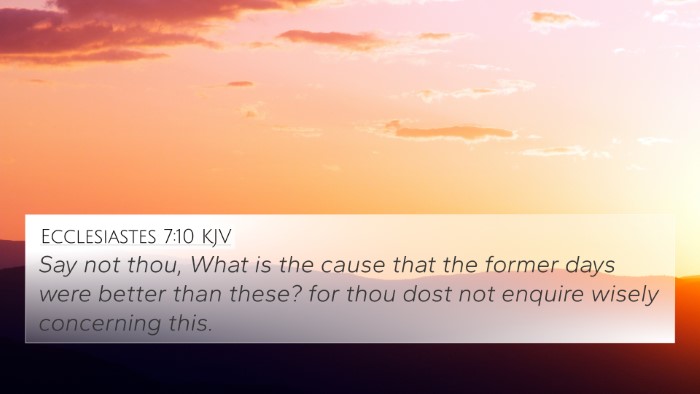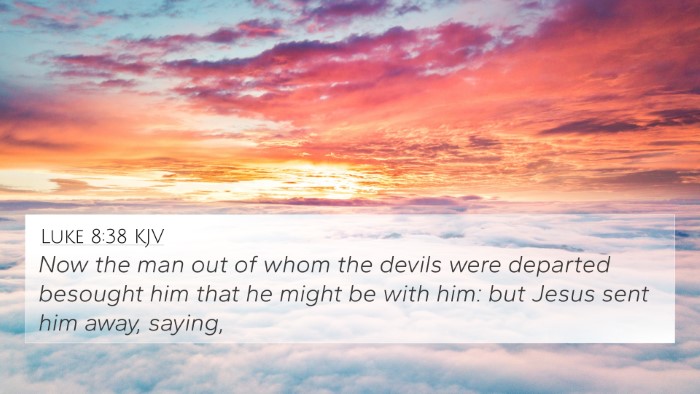Understanding Genesis 24:54
Genesis 24:54 states: "And they did eat and drink, he and the men that were with him, and tarried all night; and they rose up in the morning, and he said, Send me away unto my master." This verse concludes a significant moment in the narrative of Abraham's servant seeking a wife for Isaac. Below, we provide insights from public domain commentaries to help understand its deeper meanings.
Summary of Genesis 24:54
This verse highlights the conclusion of the servant's mission after successfully engaging with Rebekah's family. It signifies the bond formed through hospitality and the urgency the servant felt to return to Abraham with Rebekah. The act of eating and drinking symbolizes fellowship and the seriousness with which they regarded the servant's mission.
Key Insights from Commentaries
- Matthew Henry: Henry emphasizes the importance of hospitality in this verse. The servant was not only seeking a bride but was also welcomed as a guest. This reflects the customs of the time and the respect shown to a person on a divine mission.
- Albert Barnes: Barnes notes that the servant’s urgency to return signifies his commitment to fulfilling Abraham's wishes. It showcases how central obedience and duty are within the biblical narrative, especially in the context of covenant relationships.
- Adam Clarke: Clarke discusses how this moment denotes the culmination of prayer and divine guidance. The servant’s success in finding Isaac's wife is portrayed as an act of faith and reliance on God’s providence.
Thematic Connections
Genesis 24:54 connects with several themes throughout the Bible:
- Hospitality: The act of sharing a meal reflects the biblical call to hospitality found in verses like Hebrews 13:2 and Romans 12:13.
- Divine Guidance: The successful mission of finding a bride is reminiscent of James 1:5, which speaks of asking God for wisdom.
- Obedience: The urgency of the servant reflects responses seen in 1 Samuel 15:22 regarding the importance of obedience to God’s commands.
- Marriage as Covenant: The theme of marriage appears prominently throughout Scripture, with parallels in Mark 10:9 concerning the sacred nature of unions.
- Faithfulness: The servant's actions mirror the faithfulness of God, as seen in Lamentations 3:22-23.
- Covenant Relationships: The relationships established in Genesis often parallel the New Testament, where Jesus speaks about covenant in Luke 22:20.
- Divine Providence: This theme is echoed in Proverbs 16:9 about God directing our paths.
Bible Cross-References
Through cross-referencing Bible texts, we can deepen our understanding of Genesis 24:54. Here are some relevant verses:
- Genesis 12:1-4 - God’s call to Abraham to step out in faith.
- Genesis 22:7-8 - The theme of faith and provision appears when Abraham speaks to Isaac about the sacrificial lamb.
- Genesis 29:1-30 - The narrative of Jacob's marriage to Leah and Rachel echoes the themes of divine choice and familial obligations.
- Exodus 23:24-25 - The call to worship and serve God highlights the covenantal relationship.
- Proverbs 31:10-31 - A reflection on the virtues of a worthy woman, akin to Resbekah's character.
- Ephesians 5:25-27 - Christ and the Church's relationship mirrors the covenant aspect in Genesis.
- Colossians 3:18-19 - Instruction to husbands and wives connects to the foundation of marriage shown in the narrative of Isaac and Rebekah.
Conclusion
Genesis 24:54 serves as a pivotal moment, intertwining several themes of hospitality, divine guidance, faithfulness, and covenant relationships that span the breadth of Scripture. Understanding this verse can be enriched through comparative verse analysis and the practice of scriptural cross-referencing. By examining the connections between Bible verses, we uncover the deeper narrative of God’s providence and faithfulness in the lives of His people.
